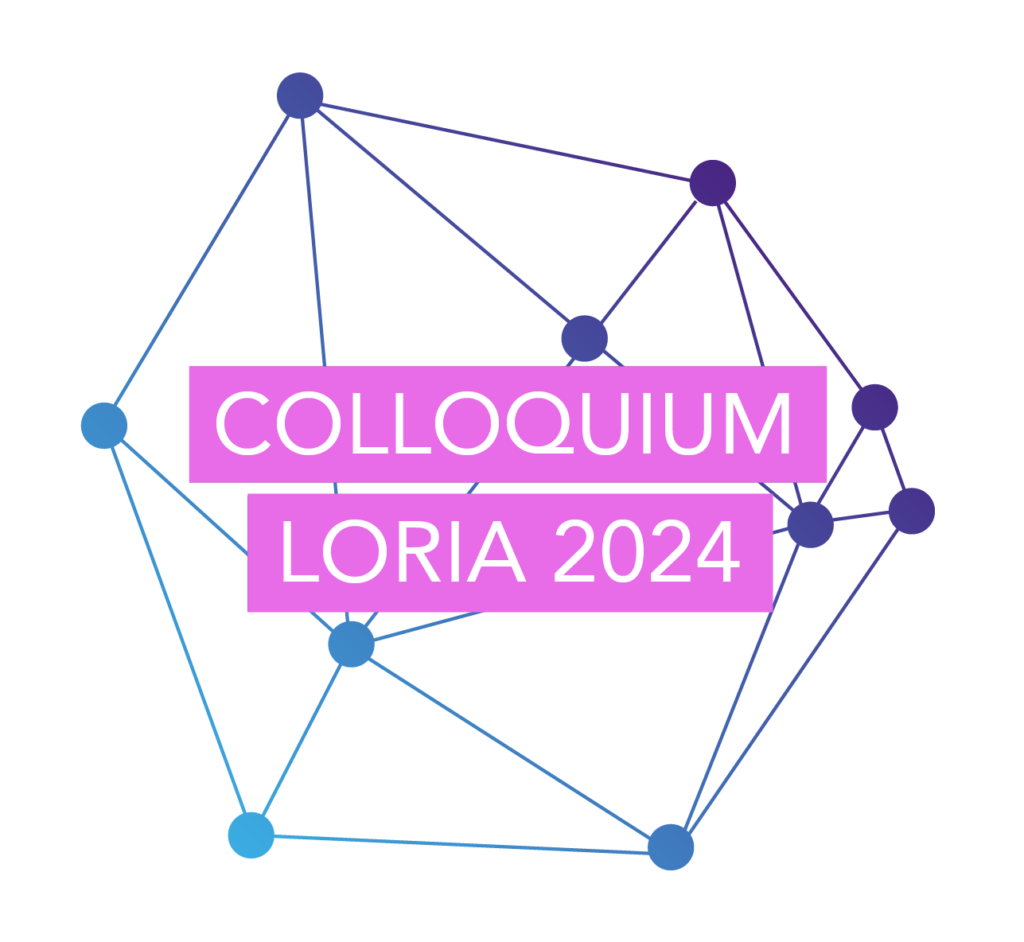Reinventing computer science for quantum computing
19 March 2021
Simon Perdrix, CNRS researcher at Loria was interviewed for the CNRS journal. Read the whole article “Reinventing computer science for quantum computing” on CNRS News’s website.
At the heart of this global race involving both public laboratories and private multinationals, the quantum computer, envisaged in the early 1980s by Richard Feynman, winner of the 1965 Nobel Prize in Physics, sparked a true revolution. However, amid promises and sensational announcements, it is difficult to know where this technology really stands, and what its actual applications will be. Unlike a classical computer and similar devices such as smartphones, a quantum system does not use binary bits, namely the two values of one and zero. It is based on qubits, which thanks to the unique properties of quantum objects, display an increasing number of different states with the addition of new units. Each extra qubit doubles computing power. However, this firepower is not adapted to all situations.


